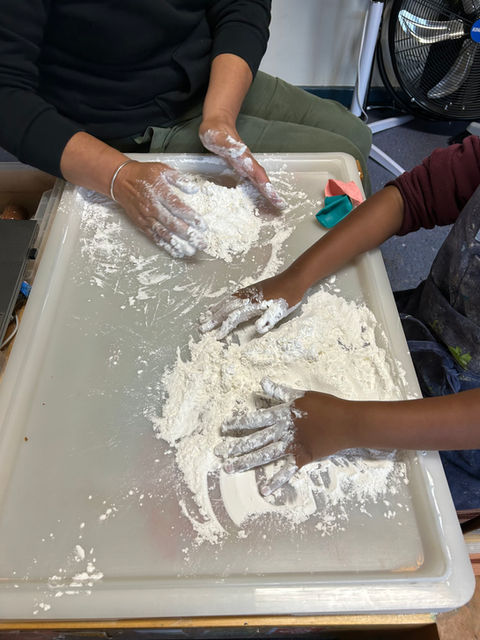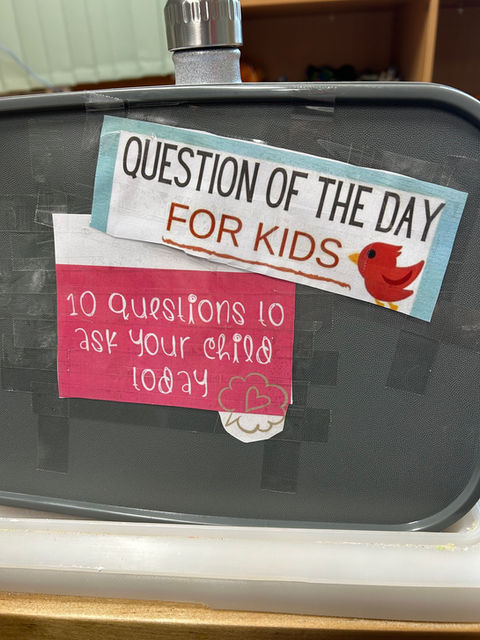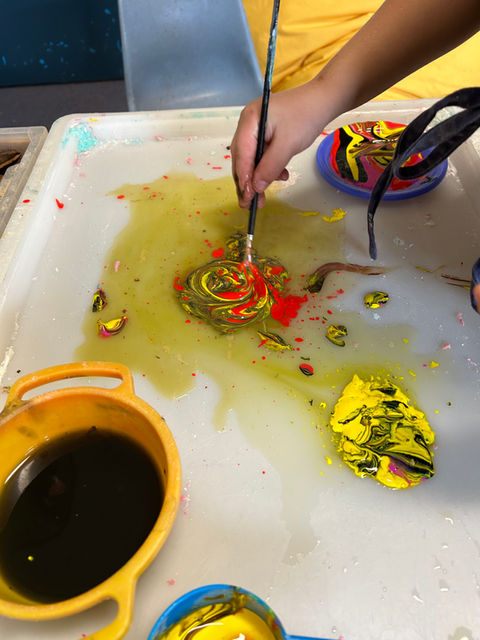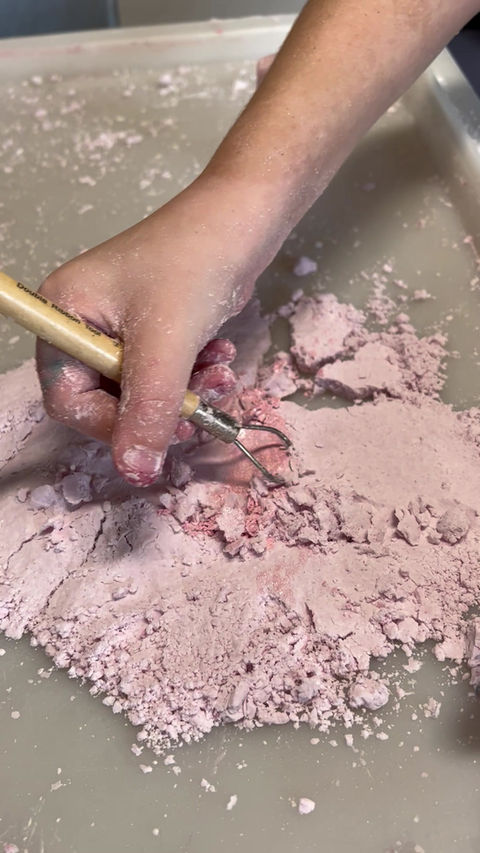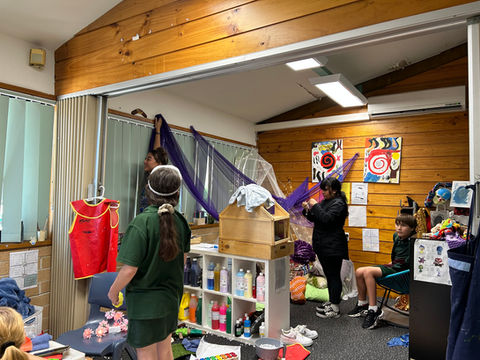
LITTLE POSSUMS
Western Sydney’s population is growing faster than Sydney as a whole. With the highest birth rate in NSW, Western Sydney’s population of young people is rising, and the first 2,000 days of a child’s life are critical for their physical, cognitive, social, and emotional development. This is further elaborated from Nathan Wallis who supports play-based learning, where children enjoy activities to develop various skills.
Play aids brain development and creativity. Positive early experiences shape attitudes toward learning, making the transition to school easier. Engagement is vital, as emotions affect thinking. Play-based learning benefits both intellect and emotions, setting the stage for lifelong learning.
Importance of play to a child - indepth

Creatvity
Allowing a child to have free-play builds a strong foundation of problem solving, critical thinking skills, sensory, independent, development of motor skills, boosting confidence and self-esteem etc.
Paramount to the exploration of themselves.

Brain Development
(1) Brain stem (0-2)
-
Focuses on survival
-
Calm the brain stem (ensure perception of safety)
(2) Cerebellum (0-7)
-
Focuses on movement
(3) Limbic system (8-12)
-
Controls emotion
-
Validate emotions (I understand..., I appreciate...)
(4) Frontal cortex (12+)
-
Controls rational thinking
Play therapy is a therapeutic method aimed at helping children explore their lives and express thoughts and emotions through play. It provides a safe environment where children can naturally express themselves without the pressures of adult conversations and settings. At its core, play therapy promotes self-expression, aiding children in coping with difficult emotions and developing healthier mindsets and behaviors. It also enhances social skills, self-confidence, and self-esteem.
During Possum sessions, the environment is one of acceptance and non-judgment. Our play therapy is characterized by free-play and non-directive methods, meaning the child takes the lead, and we follow with discretion.
We provide a range of toys and materials like dolls, art supplies, building blocks, and sand trays to facilitate exploratory activities. Together, these elements create a space where children can freely express themselves and engage in therapeutic play.This form of play therapy is beneficial for children who have experienced trauma, who have trouble communicating, presenting behavioral issues or have had significant life changes -i.e. divorce, grief and loss.
In play therapy, children can address their challenges in a comforting environment where they can express emotions that may be difficult to convey verbally. This familiar setting enables them to explore feelings that they struggle to articulate solely through words.
Support and donations for the continuation of the Little Possums program



